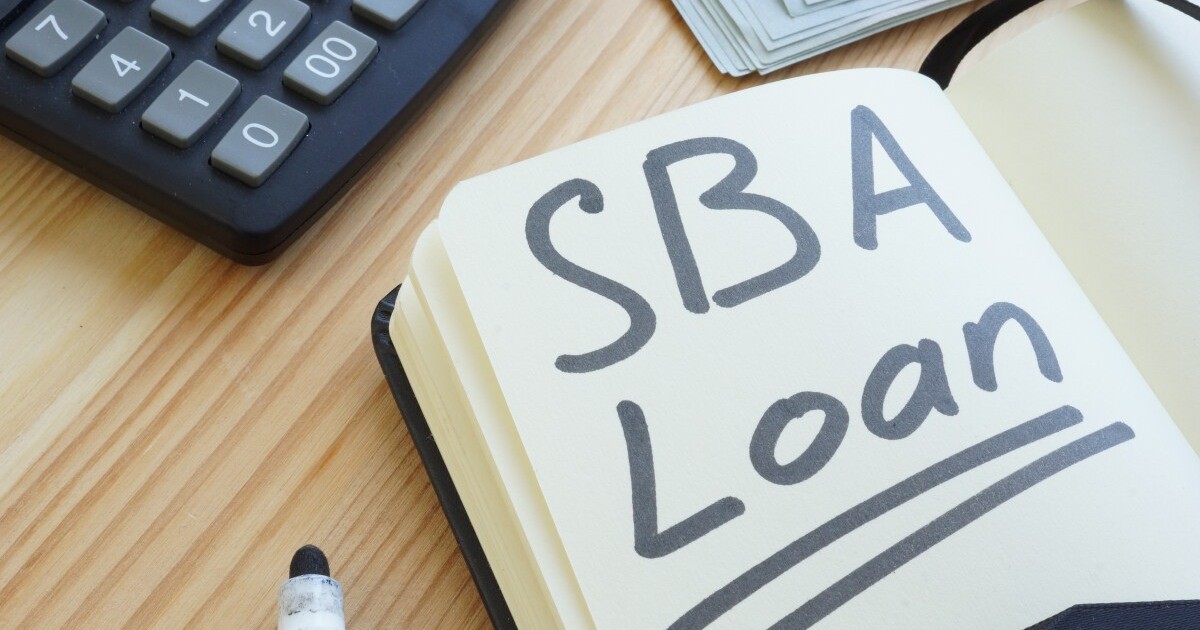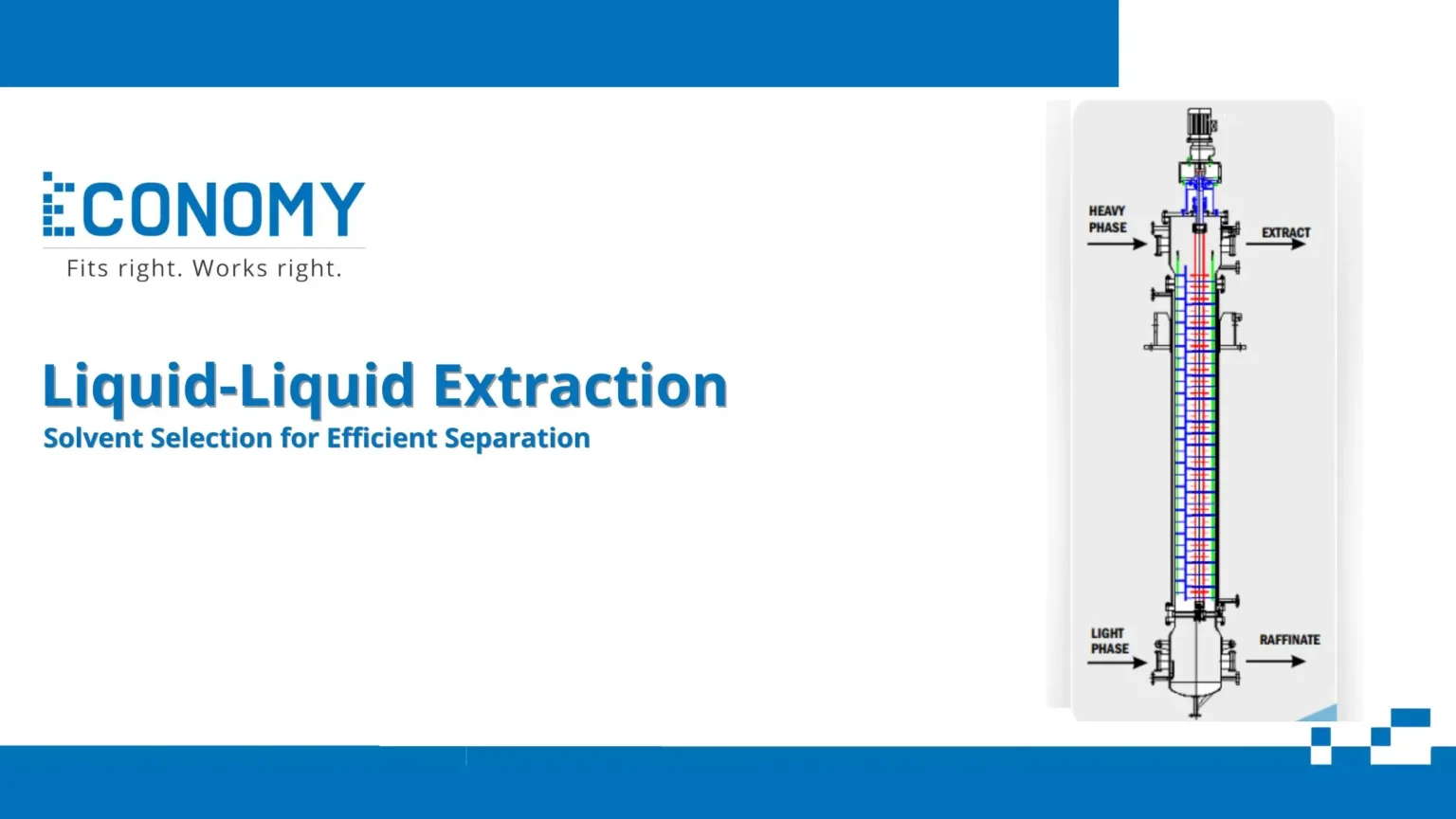Acquiring an existing business can be a rewarding endeavor for aspiring entrepreneurs, offering the advantage of an established customer base and operational framework. However, financing such a venture, especially one priced at $1.9 million, often poses a significant challenge. For many, Small Business Administration (SBA) loans emerge as a viable option. In this article, we will delve into the intricacies of using an SBA loan to buy an existing business, exploring eligibility requirements, the application process, and strategic considerations to enhance your chances of success.
Understanding the Basics of SBA Loans
SBA loans are designed to facilitate small business financing by reducing the risk for lenders. While the SBA does not lend money directly, it guarantees a substantial portion of loans made by approved lenders. This guarantee encourages lenders to provide favorable terms to borrowers, such as lower down payments and longer repayment periods. One of the most commonly used SBA loan programs is the SBA 7(a) loan, which can provide up to $5 million for various business needs, including purchasing an existing business.
The SBA 7(a) loan can be an excellent option for those looking to acquire a business because it allows for the financing of not just the purchase price but also additional costs associated with the acquisition, such as working capital, renovation expenses, and inventory purchase. This flexibility can significantly ease the financial burden associated with a business purchase.
Assessing the Feasibility of a $1.9 Million Purchase
When considering a business acquisition valued at $1.9 million, it is essential to evaluate the financial implications of such a purchase. One of the first steps in this evaluation is understanding the potential down payment required for the SBA loan. Typically, SBA loans necessitate a down payment of approximately 10% to 20% of the total purchase price. For a business priced at $1.9 million, this means you would need to provide an initial investment ranging from $190,000 to $380,000.
While this down payment can be substantial, it is often lower than what traditional loans require. This lower barrier to entry can make SBA loans a more accessible option for many aspiring business owners. Furthermore, the ability to finance additional expenses beyond the purchase price allows for greater financial flexibility as you transition into ownership.
Eligibility Requirements for SBA Loans
To qualify for an SBA loan, both the borrower and the business being purchased must meet specific eligibility criteria. The first requirement is that the business must meet the SBA’s definition of a small business. This generally means that it should have fewer than 500 employees or meet certain revenue thresholds based on its industry classification.
In addition to business qualifications, lenders will evaluate the personal financial history of the borrower. A good credit score is typically a crucial factor, with most lenders looking for a score of at least 680. However, higher credit scores can lead to better loan terms and improved chances of approval. Experience in the industry or a demonstrated history of successful business management can also enhance your eligibility.
Importance of Financial Projections and Cash Flow
When applying for an SBA loan to purchase an existing business, lenders will closely analyze the business’s financial health and future cash flow projections. This evaluation is crucial in determining whether the business can sustain its operational costs while also making loan repayments.
Lenders often look at the debt service coverage ratio (DSCR), which measures the business’s ability to cover its debt obligations. A typical benchmark for a DSCR is 1.25, meaning the business should generate $1.25 in net operating income for every dollar of debt service. A robust DSCR can significantly improve your chances of loan approval and provide reassurance to lenders about the business’s financial viability.
Navigating the SBA Loan Application Process
Securing an SBA loan requires careful planning and preparation. The application process can be lengthy and may seem daunting, but following the right steps can streamline the experience.
Research Lenders
The first step in the process is to identify lenders that participate in SBA lending. Not all financial institutions offer SBA loans, so it is crucial to find those with experience in this area. Look for banks, credit unions, and other financial institutions that are recognized for their SBA lending programs. Consider working with an SBA-preferred lender, as they have established relationships with the SBA and can often expedite the loan approval process.
Gather Necessary Documentation
A well-prepared application is critical to success. You will need to compile a range of documentation, including personal financial statements, tax returns, and a complete list of your assets and liabilities. Additionally, the seller must provide financial records of the business, including profit and loss statements, tax returns, and balance sheets. Being organized and thorough in your documentation will significantly enhance your chances of a smooth application process.
Obtain a Business Valuation
To support your loan application, it is essential to obtain an independent valuation of the business you intend to purchase. This valuation will establish the fair market value of the business and provide a benchmark for your purchase price. If the valuation is lower than the agreed purchase price, it may necessitate renegotiating with the seller or reassessing your financing strategy.
Understanding the Approval Process
Once you submit your application, both the lender and the SBA will conduct a thorough review. This process can take between 60 to 90 days, depending on the complexity of your application and the responsiveness of all parties involved. During this time, the lender may request additional information or clarifications, so being proactive and responsive can help expedite the process.
If your loan is approved, you will enter the closing phase, where you will sign final documentation and receive the loan funds. This represents a significant milestone, bringing you closer to acquiring the business and launching your entrepreneurial journey.
Benefits of SBA Loans for Business Acquisition
Choosing an SBA loan to finance the purchase of an existing business comes with numerous advantages. One of the most significant benefits is the lower down payment requirement, allowing you to invest less upfront capital while still securing the funds needed for acquisition.
Furthermore, SBA loans typically offer longer repayment terms compared to traditional financing options, resulting in lower monthly payments. This can be particularly advantageous for new business owners as they transition into ownership and work to grow the business.
In addition to financial support, the SBA also provides various resources and support services, including counseling and training programs tailored for small business owners. These resources can be incredibly beneficial for first-time buyers, offering guidance and expertise to navigate the complexities of business ownership.
Challenges Associated with SBA Loans
While SBA loans present numerous advantages, it is essential to be aware of potential challenges. The application process can be lengthy, requiring meticulous attention to detail and thorough documentation. Gathering the necessary paperwork and ensuring its accuracy can be a daunting task for many first-time buyers.
Additionally, not all businesses will qualify for SBA loans. Lenders will conduct a detailed analysis of the financial performance of the business being acquired, and if it has a history of financial instability, obtaining financing may prove difficult.
Final Thoughts on Securing an SBA Loan for Business Acquisition
In summary, securing an SBA loan to purchase an existing business valued at $1.9 million is not only feasible but also a practical strategy for aspiring entrepreneurs. The benefits of lower down payments, competitive interest rates, and extended repayment terms make SBA financing a compelling option for those looking to invest in an established business.
By understanding the eligibility requirements, preparing comprehensive financial documentation, and conducting thorough cash flow analyses, you can enhance your chances of successfully obtaining an SBA loan. This financing can open doors to entrepreneurship, allowing you to leverage the strengths of an existing business while pursuing your goals as a business owner.






